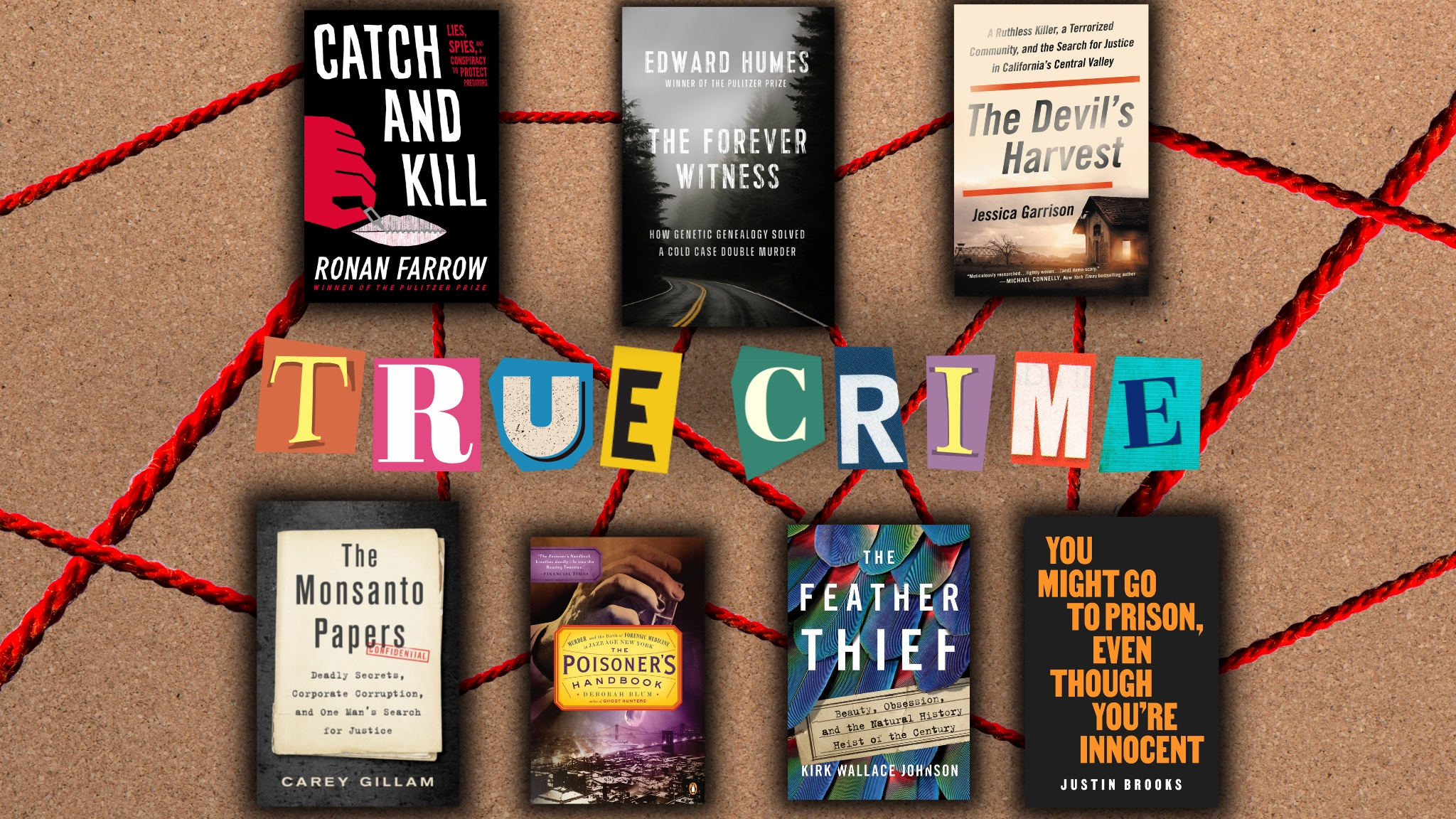Why do true crime stories resonate so deeply?
What draws me as both reader and writer are the stories that explore our humanity in the face of inhumanity.
That’s what I found working on The Forever Witness (Dutton), my new book about one of the most enduring murder mysteries of the Pacific Northwest. It’s about the violent death of a young couple on a trip to Seattle, solved 30 years later by a powerful new crimefighting method known as genetic genealogy.
I was captivated by the notion that you could innocently send off a vial of spit from a home DNA test kit, hoping to learn more about your roots. Instead, you answer a knock on the door one day to find two police detectives there, telling you there’s a murderer in your family and it was your DNA that solved the case. I had found the ultimate justice meets privacy clash — a battle over the secrets inside our very cells, wrapped inside a moving story of loss and a search for answers.
Here are a few books noteworthy for their very human crime stories that simultaneously illuminate important social issues. These narratives don’t have to tell us what to think of the underlying social issues, because the characters and their experiences make you feel as they do.
Facts may persuade minds, but it’s far more likely when empathy captures the heart. These works succeed brilliantly in doing both.
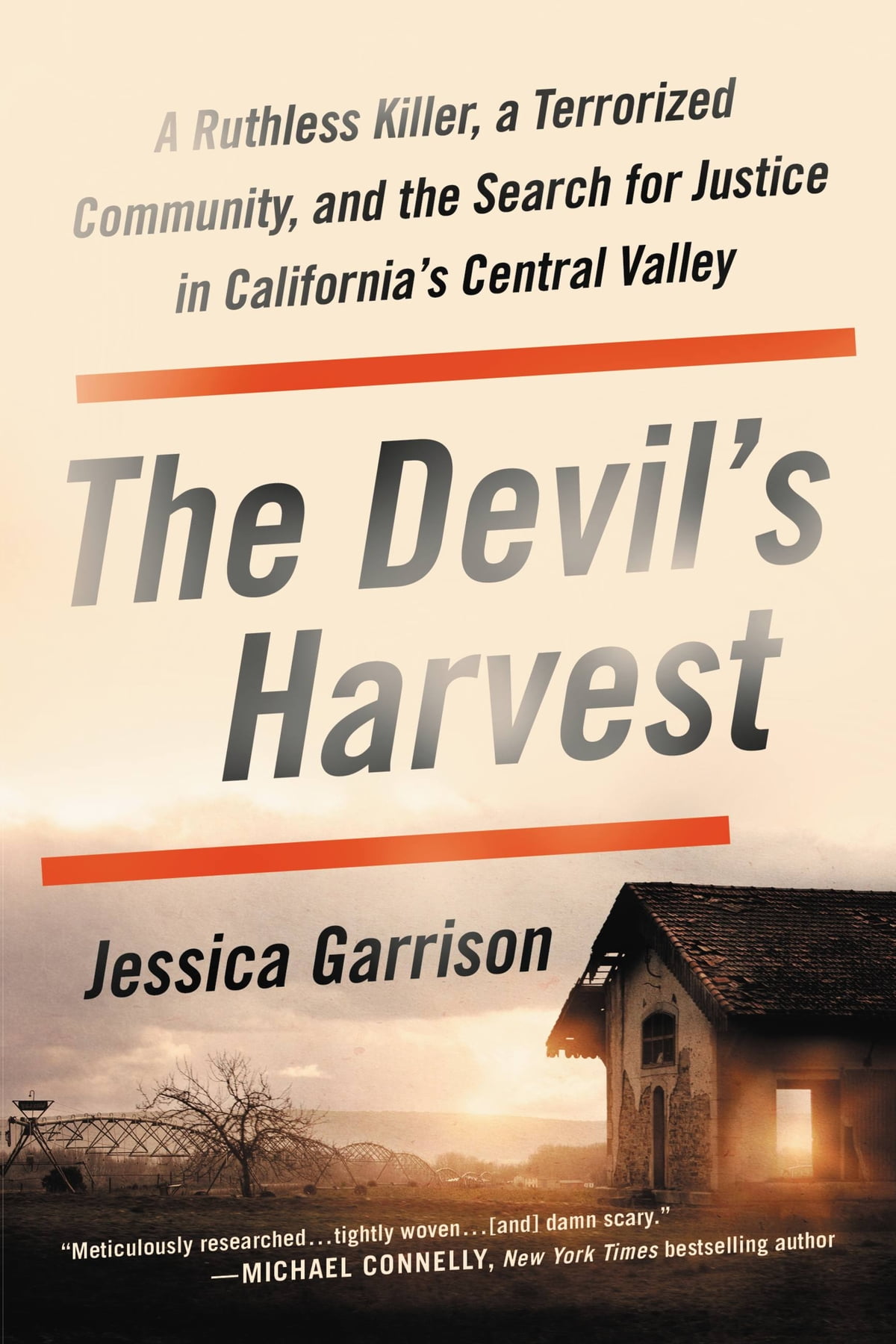
The Devil's Harvest by Jessica Garrison
Los Angeles Times reporter Jessica Garrison delivers a chilling account of a professional killer who murdered with impunity for years across California’s Central Valley, preying on people of poverty, people of color, people with no constituency. This cartel hitman felt supremely secure in the knowledge that his victims would not be a high priority for the police — far from it.
Garrison’s story is right out of Steinbeck’s Grapes of Wrath country, a tale of justice denied told through deep research and deeper empathy for the families and communities denied equal protection — or consideration — under the law (Legacy Lit, 2020).
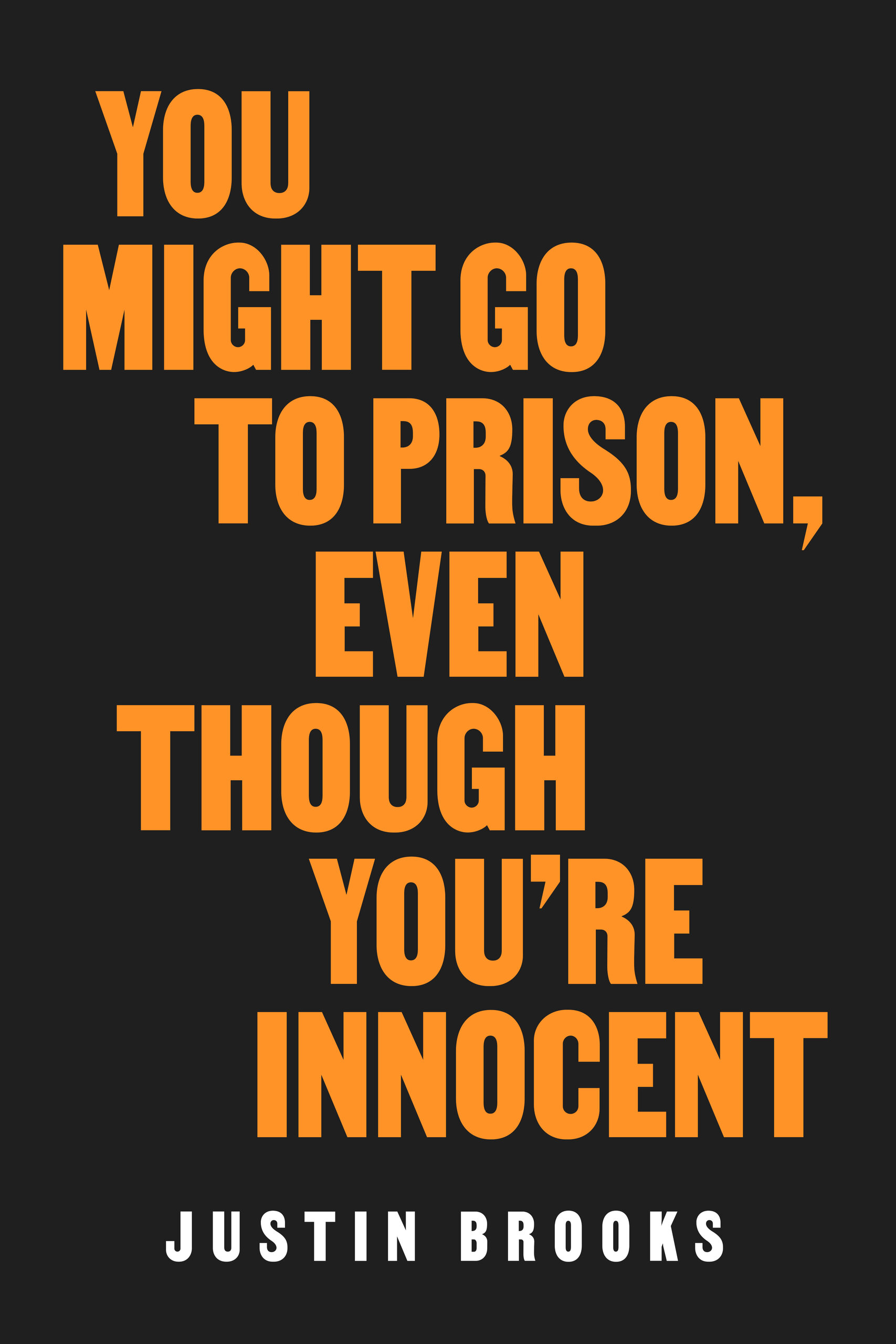
You Might Go to Prison, Even Though You're Innocent by Justin Brooks
I was fascinated reading this upcoming book from the head of California’s Innocence Project. Brooks weaves together real stories of wrongly convicted men and women who spent years, sometimes lifetimes, imprisoned for crimes they didn’t commit.
His book will be classified as criminology, social science or law, but it’s the truest true crime you’ll ever read, and when it’s not scaring you, it will make your blood boil (University of California Press, 2023).
I also like Washington Post writer Randy Balko’s The Cadaver King and the Country Dentist, which digs into the world of junk forensic science that has contributed mightily to the sorts of wrongful convictions the innocence project combats.
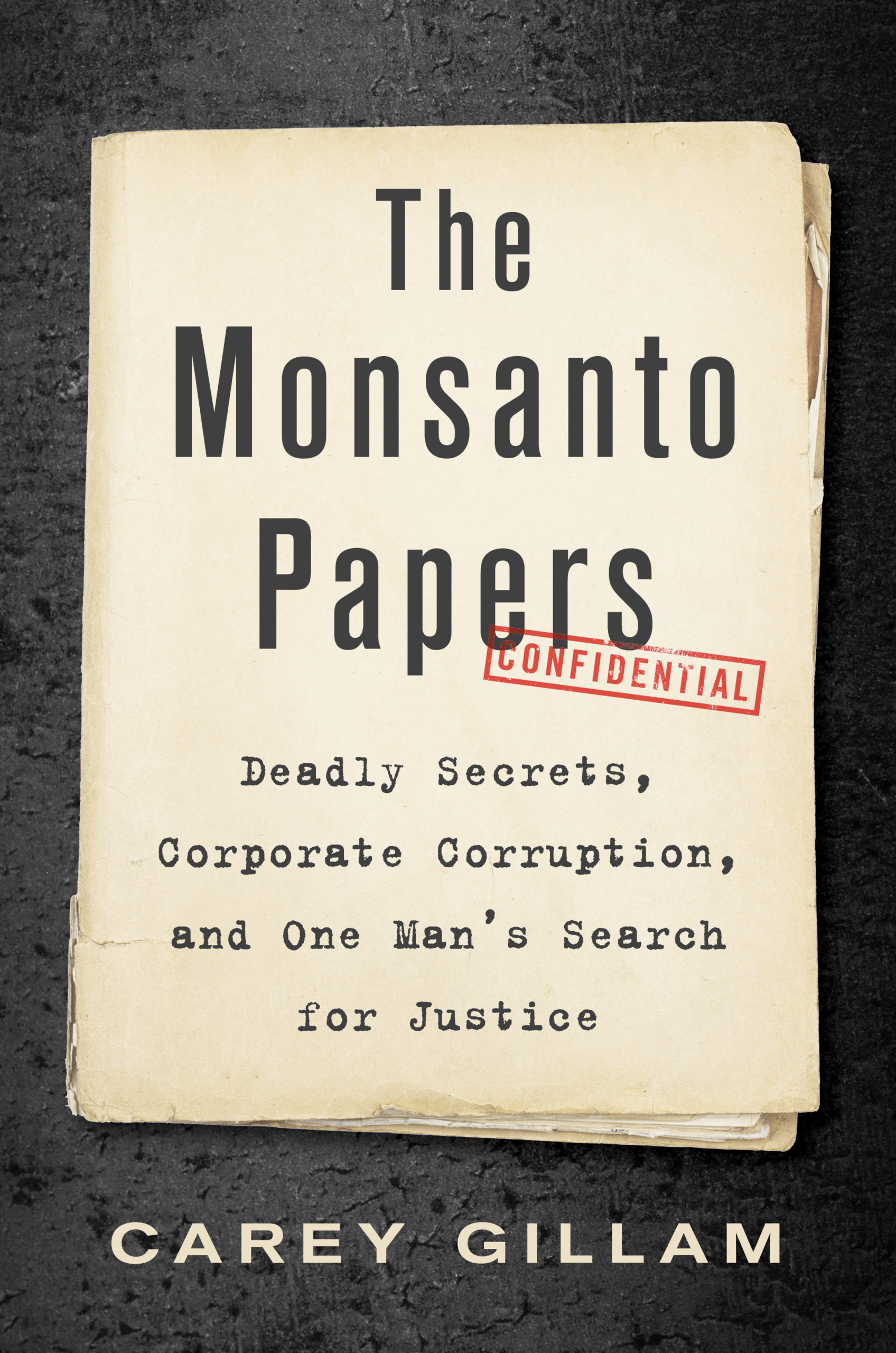
The Monsanto Papers by Carey Gillam
Not all true crime is a murder mystery or even, strictly speaking, about a crime in the statutory sense. Nevertheless, this story of corruption, toxic exposure and a race against time to see if a plaintiff battling corporate behemoths could survive long enough to prevail, is as tense and taut as any hunt for a serial killer. In a sense, that’s exactly what it is, though in this case, the crime victim is the health of humans and habitat (Island Press, 2021).
Another underrated true environmental crime legal thriller is Corban Addison’s Wastelands: The True Story of Farm Country on Trial, about the battle against factory farm pollution in a North Carolina town, a tale both chilling and inspiring.
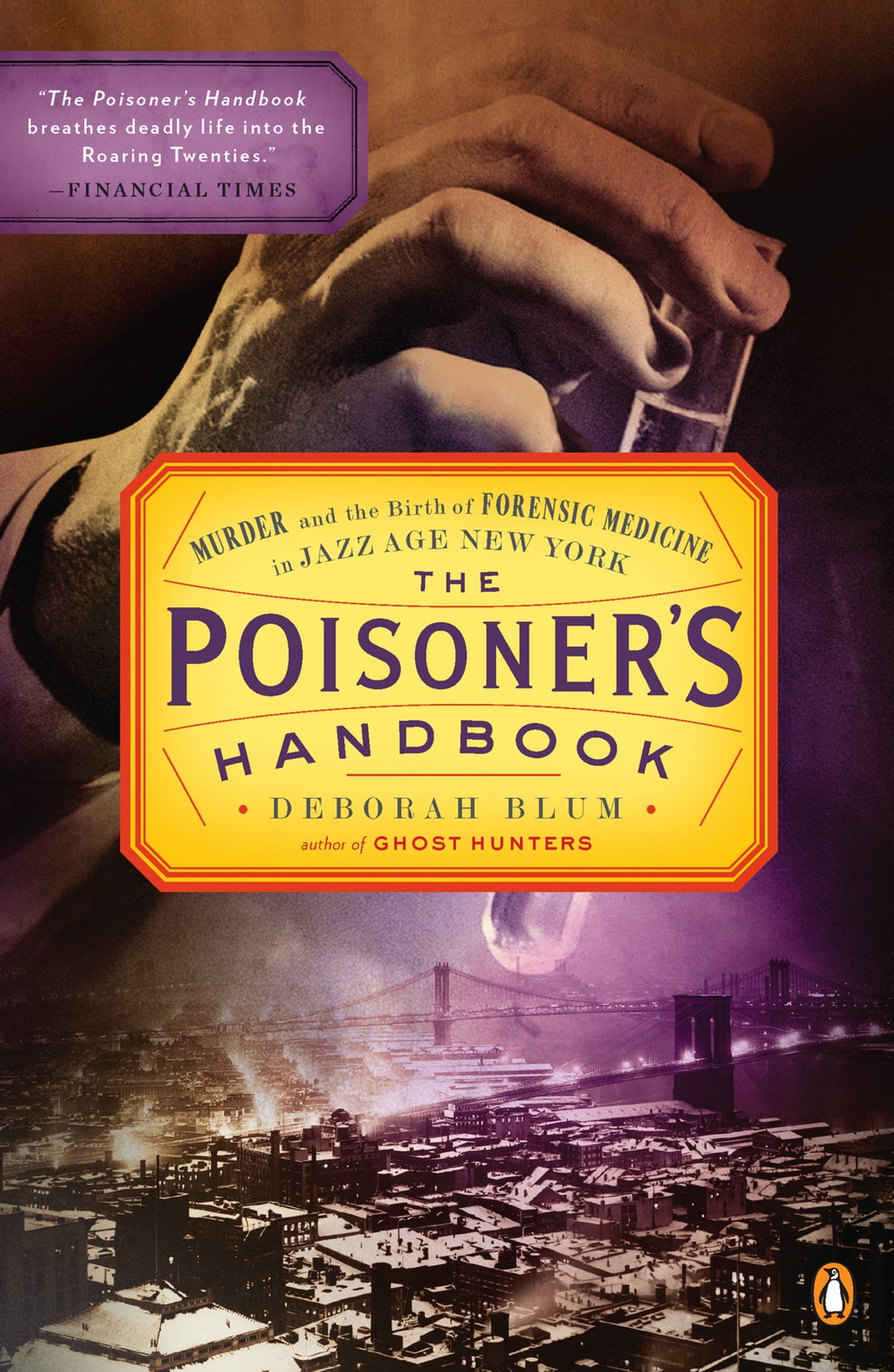
The Poisoner’s Handbook by Deborah Blum
Yes, it’s a stretch to call this book underrated, since it was a bestseller when it came out more than a decade ago. But many new true crime readers may not be familiar with this fascinating and deeply researched work of historical nonfiction set in the Jazz Age.
It’s about how real science and fact-based forensics triumphed over the fable, fabrication and false assumptions that had long ruled the justice system. In our current age of anti-science, anti-expertise and anti-history, this true crime narrative about champions of evidence and rationalism who won the day a century ago has never, ever been more relevant (Penguin Press, 2010).
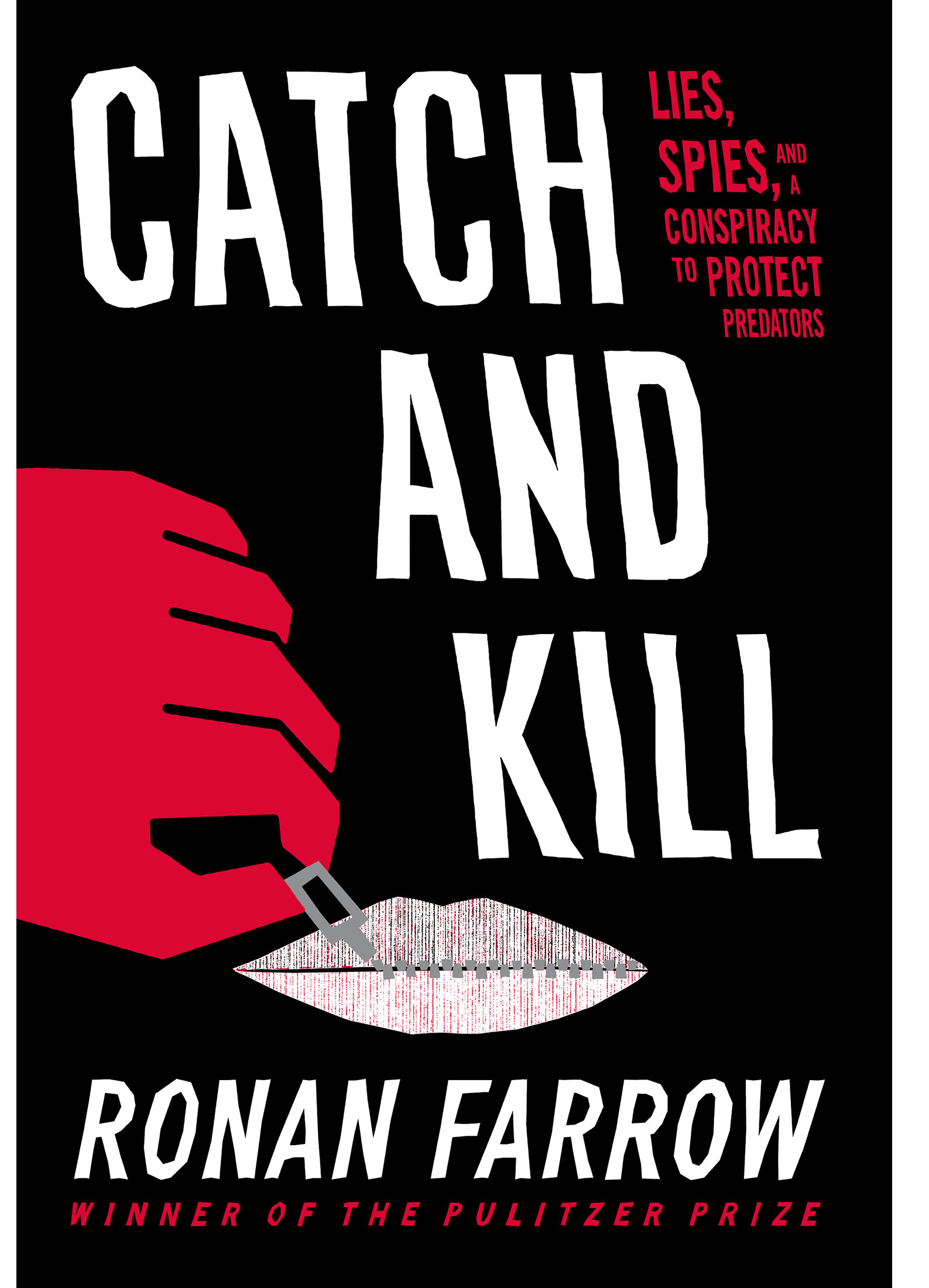
Catch and Kill by Ronan Farrow
This bestselling nonfiction thriller about Farrow’s pursuit of the Harvey Weinstein story, combined with the harrowing and horrifying stories of the women the film producer victimized, is not generally categorized as true crime.
But this is in fact an under-appreciated classic of true crime — maddening, satisfying, disturbing and enlightening in its portrayal of the tolerance and protection long offered a vile sexual predator, and of the emergence of the #MeToo movement in response (Little Brown, 2019).
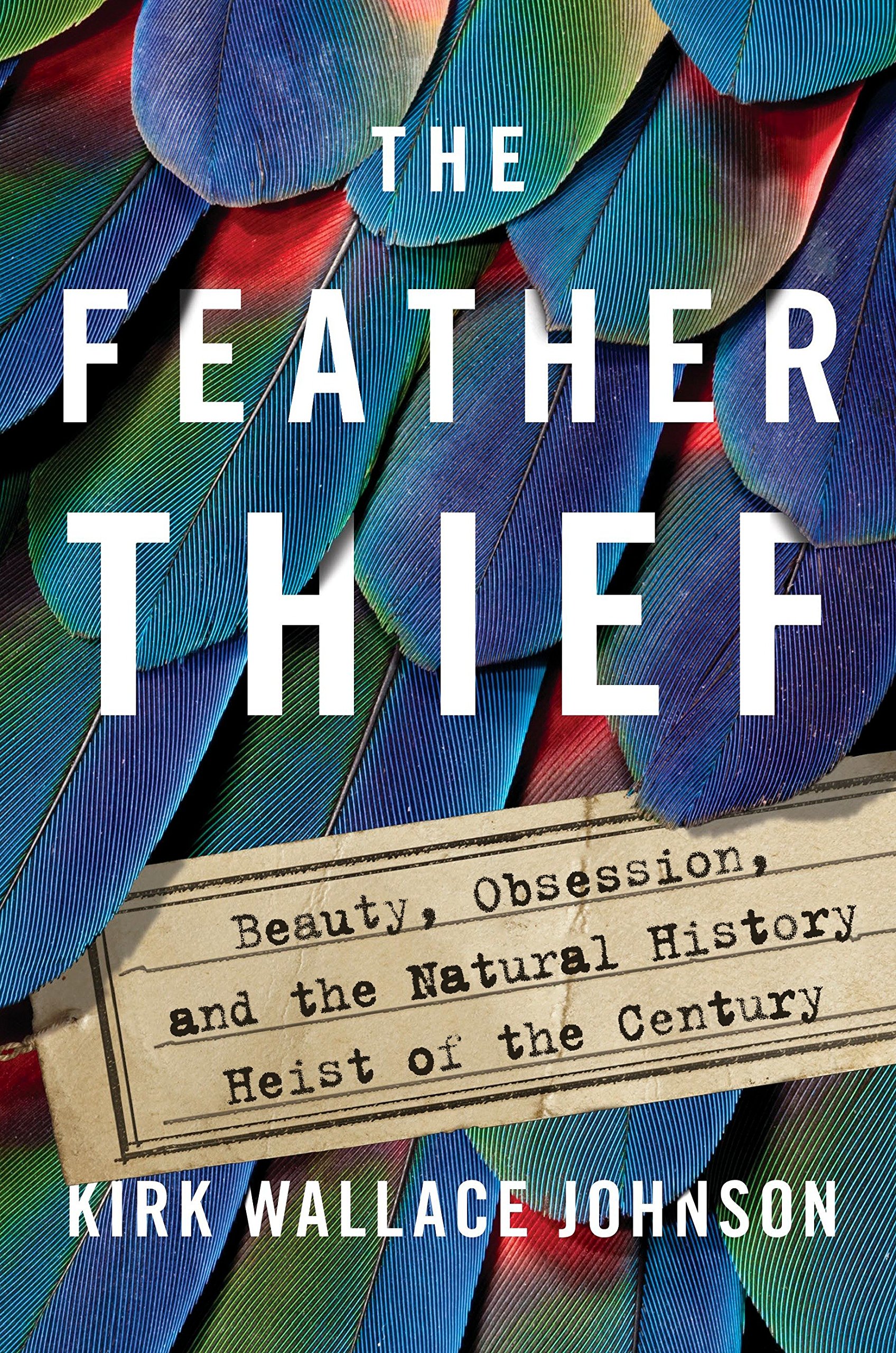
The Feather Thief by Kirk W. Johnson
I recently stumbled on this true crime book and am fascinated by the author’s investigation of a museum theft of rare dead birds. This whodunnit became a whydunnit, which led the author on an Alice-and-Wonderland journey into the bizarre subculture of Victorian fly-tying and its underlying impulse: to harvest the beauty of nature even when that means destroying it. Leave it to a great work of true crime to remind us that even such a pastoral pursuit as fly fishing can have a dark underbelly (Penguin, 2019).
